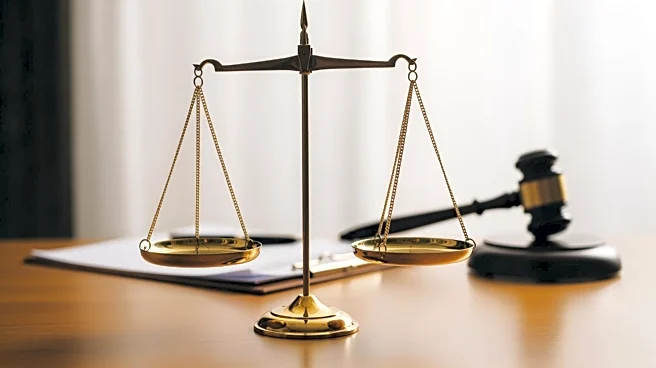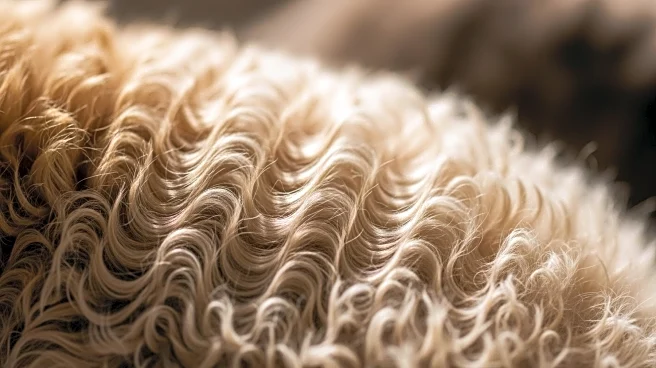What's Happening?
Stability AI, an artificial intelligence company, has largely prevailed in a UK court case against Getty Images concerning intellectual property rights. Getty Images accused Stability AI of infringing its copyright and trademark by using 12 million images
from its website without permission to train its image generator, Stable Diffusion. The case, heard at Britain's High Court, is one of the first in a series of lawsuits involving generative AI, as creative industries challenge tech companies' use of their works for AI training. The court ruled that Stability AI did not infringe copyright, as its AI model does not store or reproduce any copyrighted works. However, Getty Images won a partial victory on trademark infringement, as its watermark appeared on some images generated by Stability's AI. Both parties claimed victory, with Stability AI expressing satisfaction over the resolution of copyright concerns.
Why It's Important?
This ruling is significant as it addresses the ongoing legal challenges surrounding the use of copyrighted materials for AI training. The decision provides some clarity on the application of 'fair use' or 'fair dealing' doctrines in the context of AI, but leaves unresolved questions about the legality of AI models learning from copyrighted materials. The outcome of this case could influence future legal battles between tech companies and creative industries, impacting how AI systems are developed and trained. The ruling also highlights the tension between innovation in AI technology and the protection of intellectual property rights, which could affect stakeholders in both sectors.
What's Next?
Getty Images is pursuing a similar copyright infringement lawsuit against Stability AI in the United States, which could further clarify the legal standing of AI training practices. The ongoing legal battles may prompt tech companies to seek legislative or regulatory changes to protect AI innovation while balancing intellectual property rights. The outcome of these cases could set precedents for how AI companies operate and interact with copyrighted materials, potentially influencing the development and deployment of AI technologies globally.
Beyond the Headlines
The case underscores the ethical and legal complexities of AI development, particularly in balancing the interests of creative industries and technological advancement. As AI systems become more prevalent, the need for clear legal frameworks to govern their use and training becomes increasingly important. This case may prompt discussions on how to protect intellectual property while fostering innovation, potentially leading to new policies or guidelines for AI development.


















